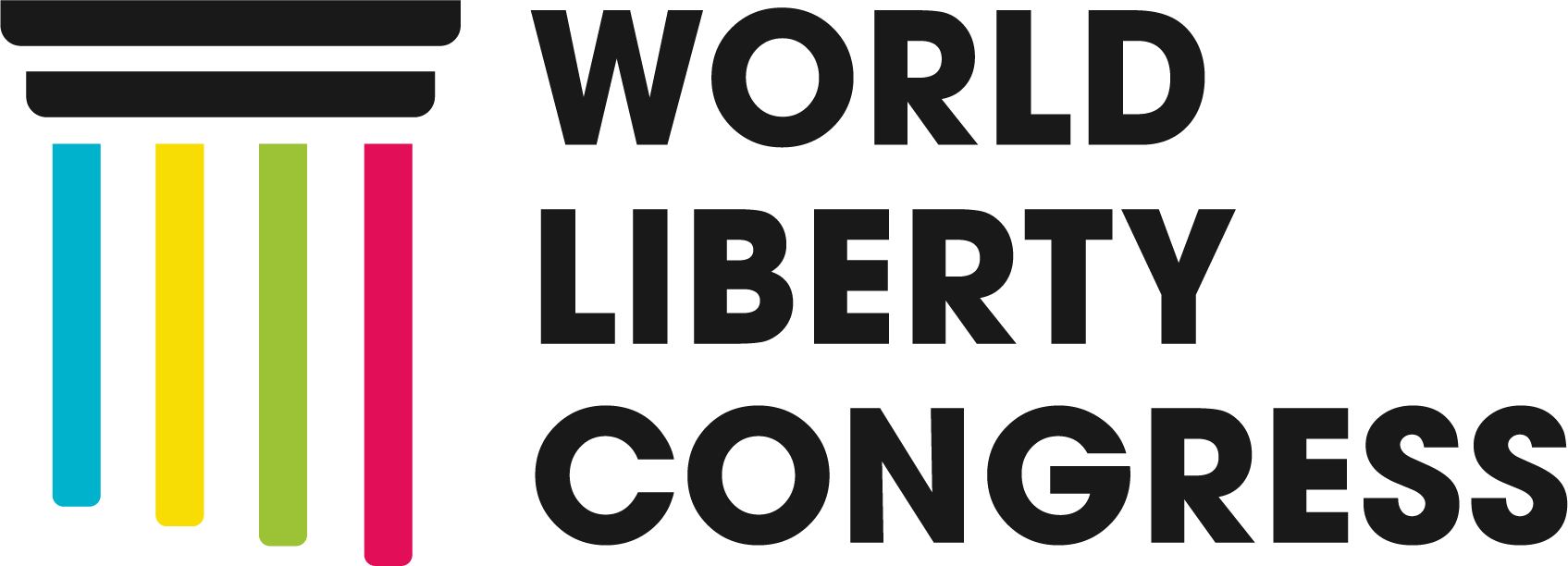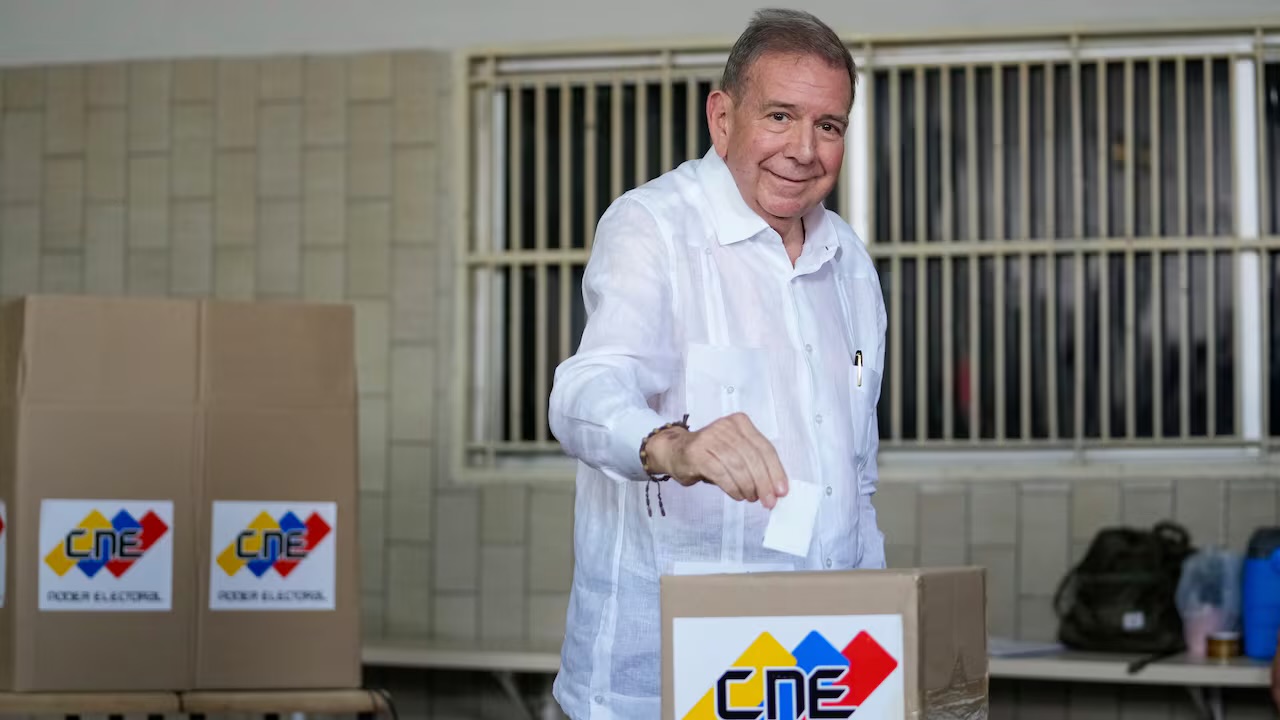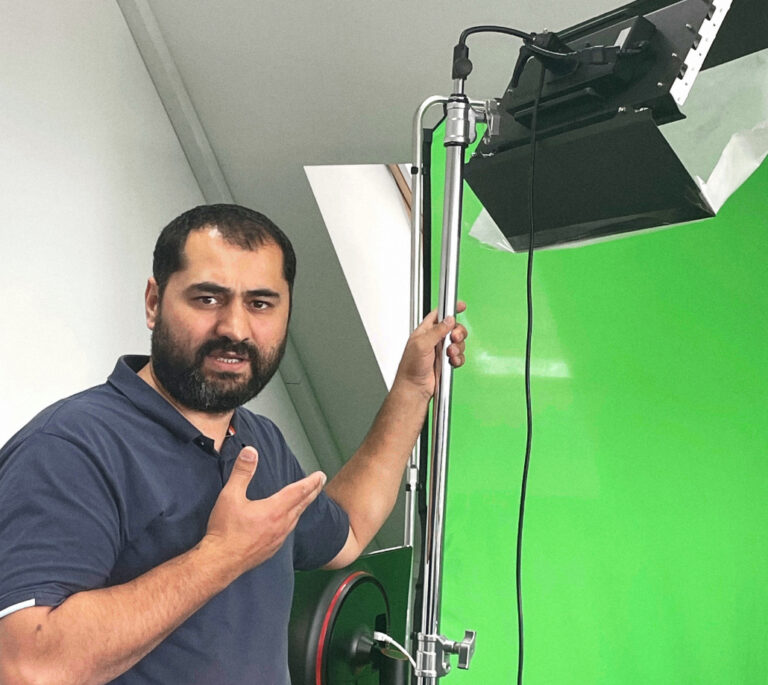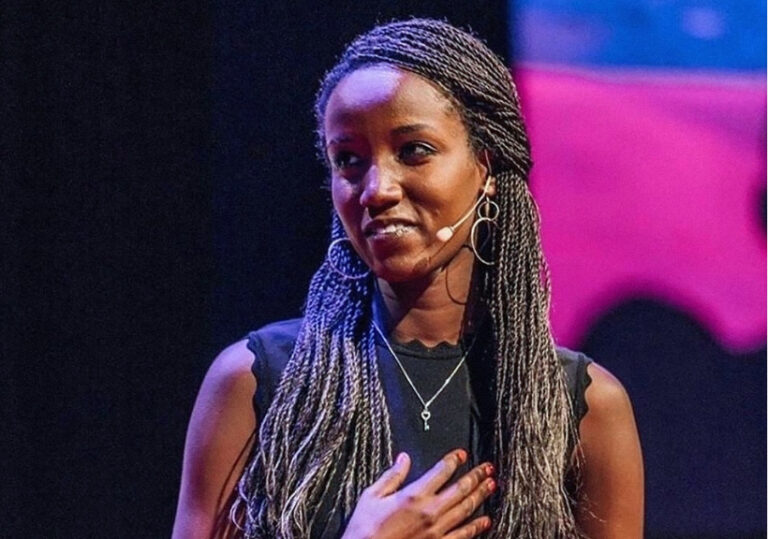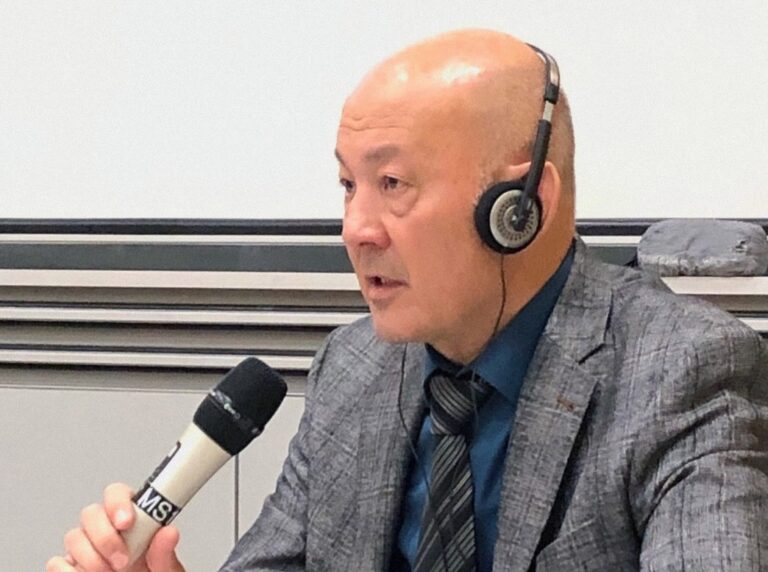By Félix Maradiaga, elected WLC LC member.
Imagine a nation where the people’s voice roars louder than any regime’s machinations. Venezuela, once again, finds itself at a crossroads. The citizens have made their stand, delivering a massive opposition vote that signals their readiness for freedom and democracy and to embark on a civic struggle against Nicolás Maduro’s disastrous management. Unlike the entrenched dictatorships of Cuba and Nicaragua, Venezuela’s unique situation offers a glimmer of hope for democratic change, despite the grim reality of electoral fraud.
All independent monitoring and parallel counts, including those by international electoral observers, agree that Edmundo González’s victory was overwhelming. The difference is at least 30%, the largest electoral margin recorded in Venezuela so far. Maduro’s regime has blatantly committed fraud before the world’s eyes. Yet, they cannot hide González’s victory. The electoral records confirm it. Despite the country’s institutional decay, the Venezuelan electoral system still retains remnants of democratic practices, including the recording of voting acts at each polling station. Unlike Cuba’s one-party system and Nicaragua’s proscription of independent parties, Venezuela’s opposition holds irrefutable proof that Edmundo González is the legitimately elected president. With this evidence, the international community must promptly recognize González as Venezuela’s elected president.
It is paradoxical that Maduro attempts fraud within a robust voting system. Voting machines issue paper receipts, the acts with the results, and the law mandates party witnesses to retain a copy of each of the 30,026 polling station acts. Although the National Electoral Council (CNE) announced a victory for Maduro with 51% of the votes, opposition data, based on their copies of the acts, indicates that González won with 70%. With this fraud, Maduro has destroyed the few institutional remnants in the electoral system. By the time of writing this article, the opposition’s campaign command reported having processed over 85% of the acts. Opposition leader María Corina Machado has challenged Maduro’s regime to present the totality of the acts, a demand supported by dozens of governments worldwide, including some of Maduro’s former allies. The regime will need a great deal of imagination and an infinite dose of shamelessness to fabricate alternative data.
Maduro’s strategy seems to follow the infamous maxim of Tomás Borge, one of the founders of the Sandinista Front, regarding Daniel Ortega’s dictatorship in Nicaragua: “Anything can happen, but the highest cost is losing the elections. Therefore, whatever it takes, no matter the cost, must be done to maintain power.” In other words, dictatorships calculate that the cost of relinquishing power is much higher than the consequences of fraud. This explains the observed radicalization actions. If Maduro continues to follow the sinister Sandinista recipe from Nicaragua, there is a high probability that in the coming days, he will attempt to arrest María Corina Machado and other opposition leaders, as he has done with Ricardo Estévez from Vente Venezuela and Freddy Superlano from Popular Will (Voluntad Popular).
The international community must respond decisively and not limit itself to statements of indignation. Otherwise, the despair of the Venezuelan people will translate into continued massive exodus and further radicalization of Maduro’s regime, following a trajectory similar to Nicaragua’s. Recent events indicate that leaders in Mexico, Colombia, and Brazil are prioritizing ideological loyalties over the truth and justice Venezuelans deserve. This approach threatens to fracture the unified stance of the Organization of American States (OAS). If the hemisphere’s position remains ambiguous and hesitant, leaving it to the usual coalition of countries, including the United States, to demand respect for the election results, the global pressure against Maduro is unlikely to be effective.
Politically, a difficult phase begins. There is a strong willingness among the citizenry to remain in the streets to defend their vote. However, those of us who have experienced similar frauds know that street pressure is fundamental but not sufficient. The opposition’s goal will be to find national and international interlocutors to pressure the regime into negotiations. The dictatorship’s strategy, on the other hand, will focus on demoralizing the opposition, demobilizing the citizenry, and ensuring the cohesion of the armed and security forces to maintain their servility to the regime.
I had the pleasure of speaking with several members of González’s campaign team, and it was clear that this scenario of fraud was always anticipated. This speaks well of the opposition, which, under María Corina Machado’s leadership, is ready to undertake a long fight to defend the results. This phase’s strategy seems to rely on international community reactions and some response from the military. They also hope that pressure will come not only from the United States and Europe but also from actors like Brazilian President Luiz Inácio Lula da Silva. We will see if these factors have any weight.
The fundamental aspect of this process is to recognize that the Venezuelan people have done their part heroically and resolutely, massively voting despite adversity. Under extremely difficult circumstances, they managed to organize with 200,000 volunteers. Now, it is up to the international community to support them so that this fraud fails. It is time to raise our voices and apply pressure. The bravery of the Venezuelan people cannot be in vain; the world must join them in this fight and ensure their voices are heard and respected.
